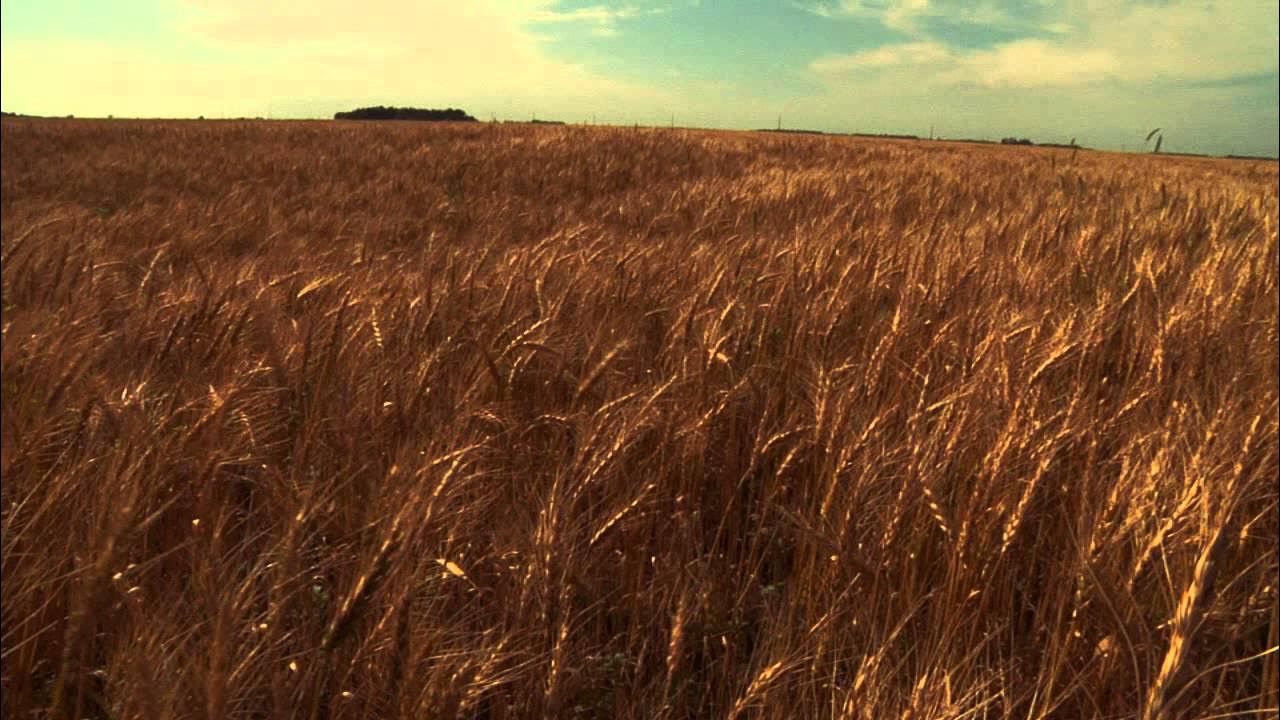Norman Borlaug & The Green Revolution
Summary
TLDRNorman Borlaug, born in 1914, was a plant breeder whose work revolutionized agriculture and saved over a billion lives. Witnessing hunger firsthand, he was driven to find solutions. In Mexico, Borlaug developed disease-resistant, high-yield wheat varieties using innovative breeding techniques like shuttle breeding. His 'miracle seeds' led to Mexico's self-sufficiency in wheat by 1956 and later helped India and Pakistan boost food production. Known as the father of the Green Revolution, Borlaug was awarded the Nobel Peace Prize in 1970 for his contributions to global food security.
Takeaways
- 🌾 Norman Borlaug's work in plant breeding had a global impact, touching over a billion lives.
- 🎓 Borlaug was born on March 25, 1914, in Cresco, Iowa, and was encouraged by his grandfather to prioritize education over farm work.
- 😔 He witnessed hunger firsthand during a visit to Minneapolis, which profoundly affected him and motivated his later efforts to combat global hunger.
- 📚 Borlaug earned a degree in forestry in 1937 and a doctorate in plant pathology in 1942, before moving to Mexico to help farmers improve their crop yields.
- 🌾 In Mexico, Borlaug encountered numerous agricultural challenges, including depleted soil, low yields, and wheat diseases like stem rust.
- 🚜 Despite local skepticism, Borlaug worked tirelessly to improve wheat varieties, eventually developing disease-resistant crops through plant breeding techniques like shuttle breeding.
- 🌿 Borlaug and his team introduced semi-dwarf wheat, which prevented the crops from collapsing under their own weight and drastically increased yields.
- 🥇 By 1956, Mexico became self-sufficient in wheat production, and by 1963, the country was exporting grain to the rest of the world.
- 🌍 Borlaug expanded his efforts to countries like India and Pakistan, significantly boosting their food production and earning global recognition for his Green Revolution.
- 🏅 For his contributions to world food security, Borlaug was awarded the Nobel Peace Prize in 1970, credited with helping to 'provide bread for a hungry world.'
Q & A
Who was Norman Borlaug and what was his main contribution to the world?
-Norman Borlaug was a plant breeder who made significant contributions to global agriculture through his work in developing disease-resistant and high-yielding wheat varieties, which greatly improved food security worldwide.
What event in Norman Borlaug's early life influenced his dedication to addressing hunger?
-At the age of 19, Norman Borlaug witnessed extreme hunger and a riot over milk being dumped in the streets in Minneapolis, Minnesota. This profoundly affected him and motivated his dedication to alleviating hunger.
How did Norman Borlaug's grandfather influence his educational journey?
-Norman Borlaug's grandfather encouraged him to prioritize education, believing it would provide the tools needed to make significant changes, which led Borlaug to pursue advanced degrees in forestry and plant pathology.
What challenges did Borlaug face when he first arrived in Mexico to work on improving wheat crops?
-Upon arriving in Mexico, Borlaug found the wheat crops plagued by disease, depleted soil nutrients, and low yields, with farmers struggling to feed their families and skeptical of experimental crops.
What strategy did Borlaug and his team use to accelerate the breeding process for disease-resistant wheat varieties?
-Borlaug and his team used a strategy called shuttle breeding, growing breeding materials under different conditions in the Central Highlands and the Sonoran Desert, which allowed them to evaluate and select resistant lines twice a year, speeding up the breeding process.
What was the major problem Borlaug's team faced with the new high-yielding wheat varieties, and how did they solve it?
-The new high-yielding wheat varieties became top-heavy and collapsed under the weight of the grain, a problem called lodging. Borlaug's team solved this by developing semi-dwarf wheat varieties with stronger, shorter stalks that could support the grain.
What were the results of Borlaug's efforts in Mexico's wheat production by 1963?
-By 1963, Borlaug's efforts led to Mexico becoming self-sufficient in wheat production, and by 1963, they had enough surplus grain to export and help supply other parts of the world.
How did Borlaug's work contribute to the Green Revolution in India and Pakistan?
-Borlaug expanded his breeding program to India and Pakistan, significantly increasing their wheat production. Pakistan's production rose from 5 million tons in 1965 to 8 million tons in 1970, and India's production increased from 12 million tons in 1965 to 20 million tons in 1970.
What recognition did Norman Borlaug receive for his contributions to global food security?
-Norman Borlaug was awarded the Nobel Peace Prize in 1970 for his efforts to improve global food security through his work in plant breeding.
What message does the script convey about making a difference in the world?
-The script emphasizes the importance of knowledge, vision, passion, and determination in making a difference in the world, encouraging individuals to apply these qualities to leave a positive impact, much like Norman Borlaug did.
Outlines

This section is available to paid users only. Please upgrade to access this part.
Upgrade NowMindmap

This section is available to paid users only. Please upgrade to access this part.
Upgrade NowKeywords

This section is available to paid users only. Please upgrade to access this part.
Upgrade NowHighlights

This section is available to paid users only. Please upgrade to access this part.
Upgrade NowTranscripts

This section is available to paid users only. Please upgrade to access this part.
Upgrade NowBrowse More Related Video
5.0 / 5 (0 votes)





